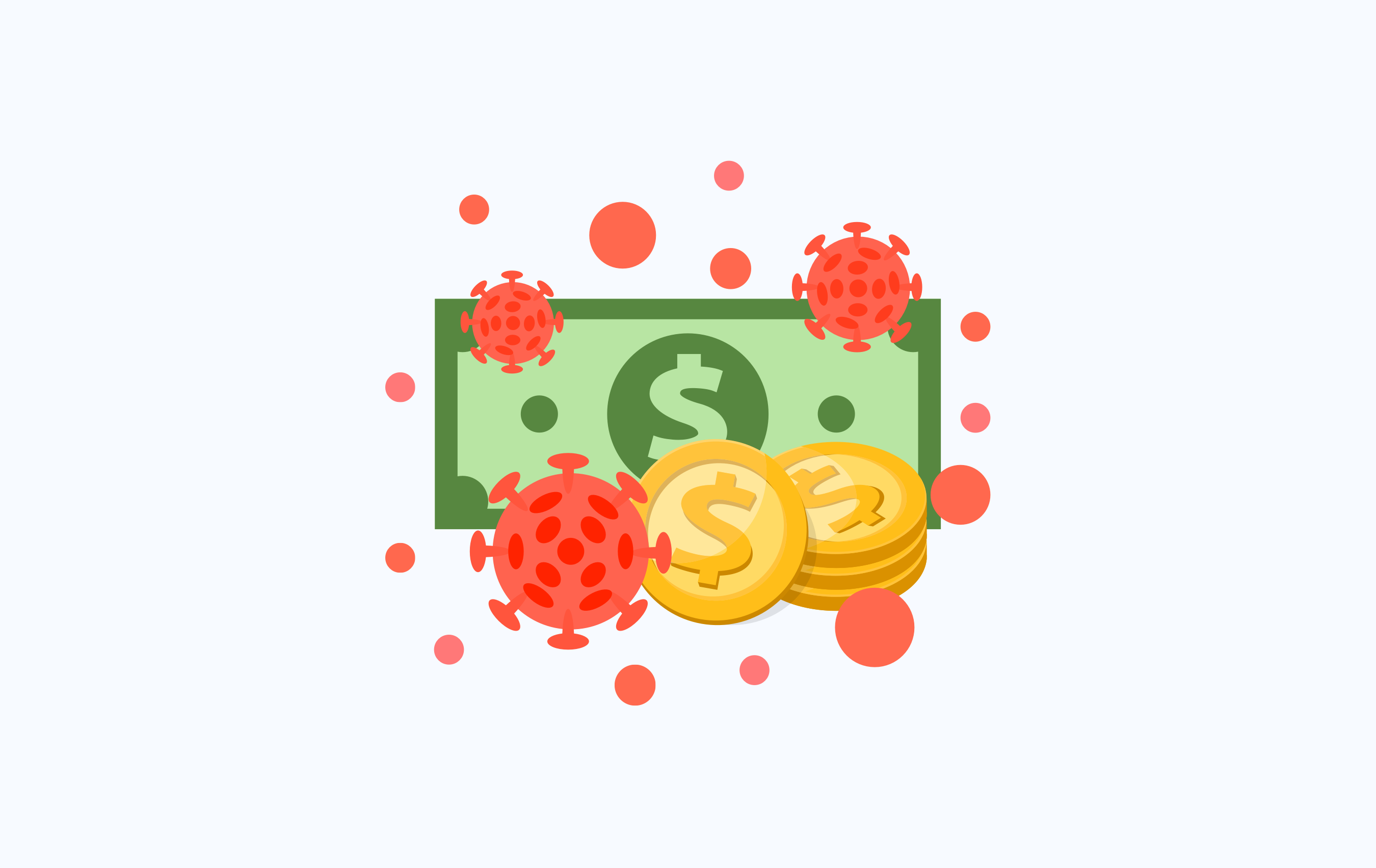The Covid-19 crisis has opened up a whole new debate about the future of cash. Central banks have reported an increased public interest in the safety of using paper money. Google searches of ‘’cash’’ and ‘’virus’’ have spiked for the last few months.
Can banknotes and coins transmit viruses?
At the beginning of March a WHO spokesperson was asked whether money could carry the coronavirus to which the answer was ’It is absolutely possible’. Money is passing from hand to hand and it can catch all kinds of bacteria and viruses. However, scientists have noted that the probability of transmitting Covid-19 via banknotes is relatively lower compared to objects we touch more frequently in our daily life.
Nevertheless, there seems to be a straightforward argument for the benefits of contactless payments and finally going cashless.
Banks reaction after the Covid outbreak.
Several banks have actively communicated that the risks of cash contamination are low. Some banks have gone even further, the People’s Bank of China began to sterilise banknotes in regions affected by the virus. Many banks in other counties like South Korea, Hungary and Kuwait have followed the same example and sterilised their banknotes.
Benefits of going cashless.
In the era of digital payments there are many challenges but also benefits of reducing our cash use. The most important is convenience, when many countries were going through the restrictive measures and lockdowns people could still shop online and conduct digital payments. The risk of handling, storing, and depositing cash is eliminated. In general digital payments mostly result in cost saving through improved transaction speed and efficiency.
The trend towards cashless is inevitable because of the increased global demand for frictionless commerce alongside smartphone ownership. One thing we know for sure, the use of digital payments will continue to grow at the expense of physical cash.



